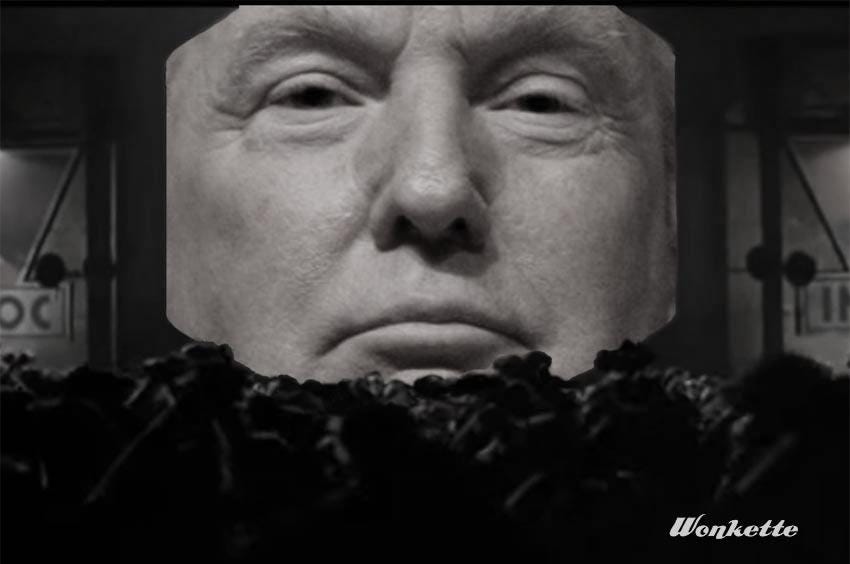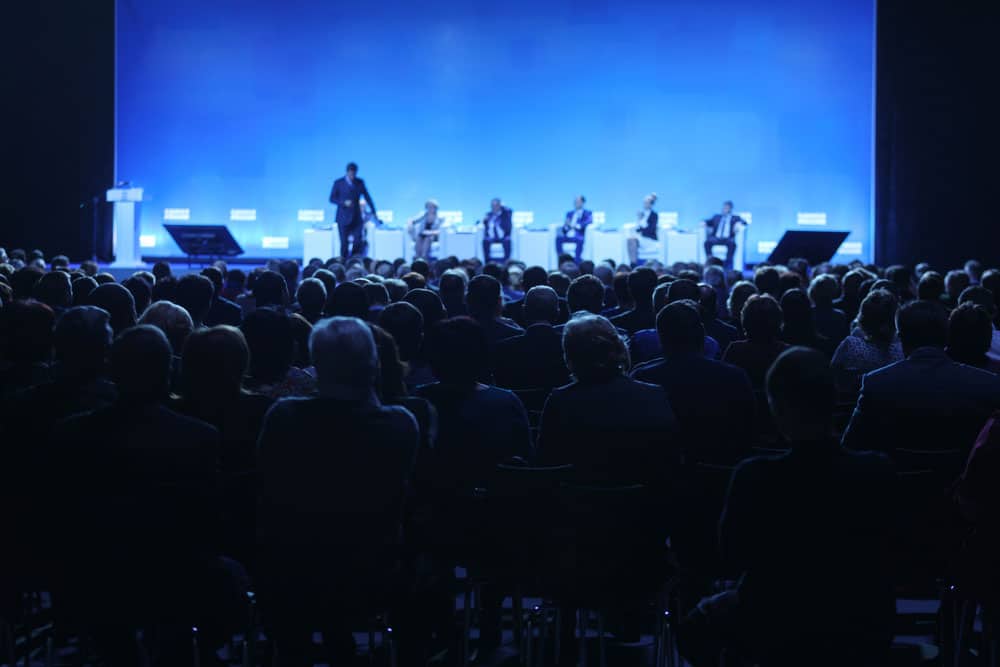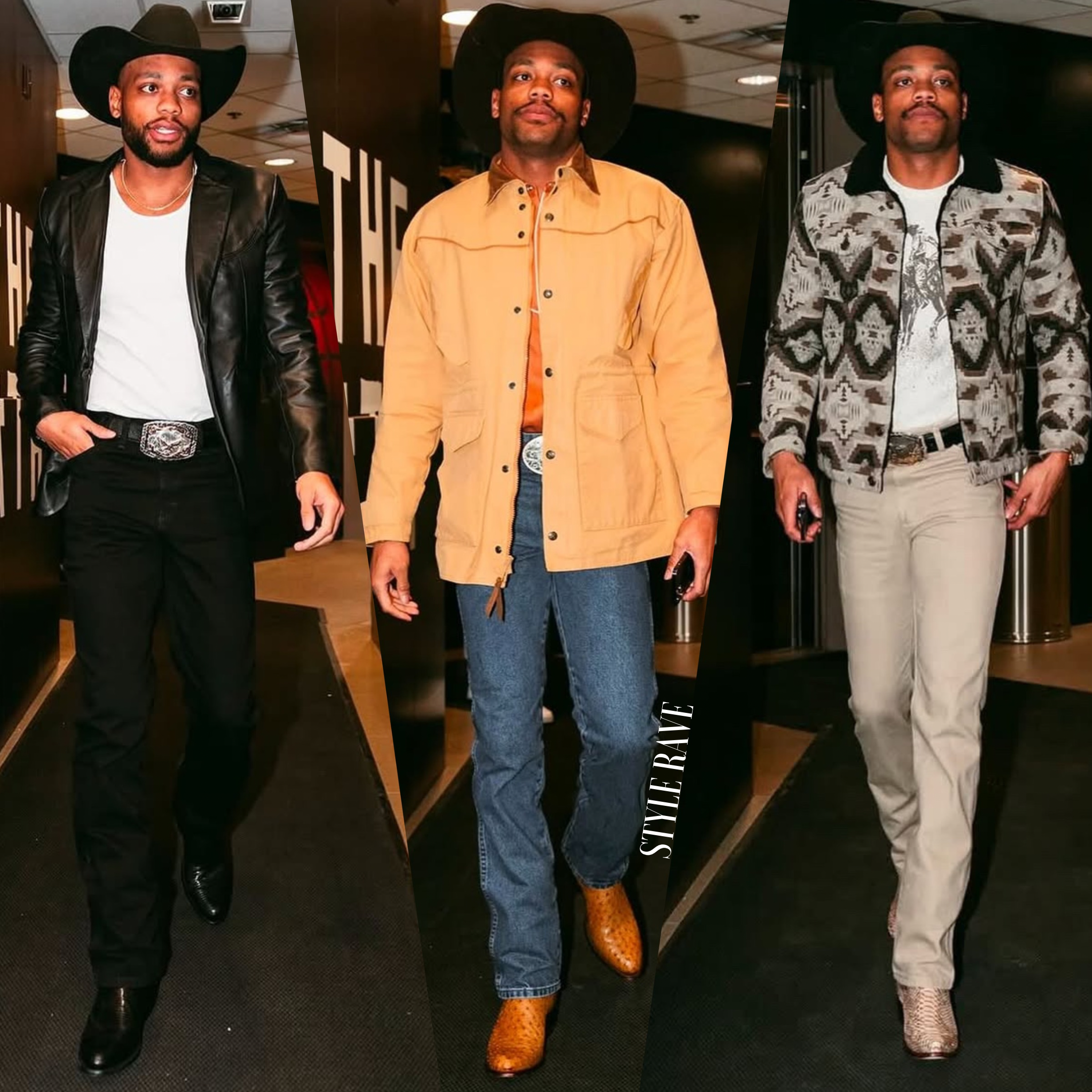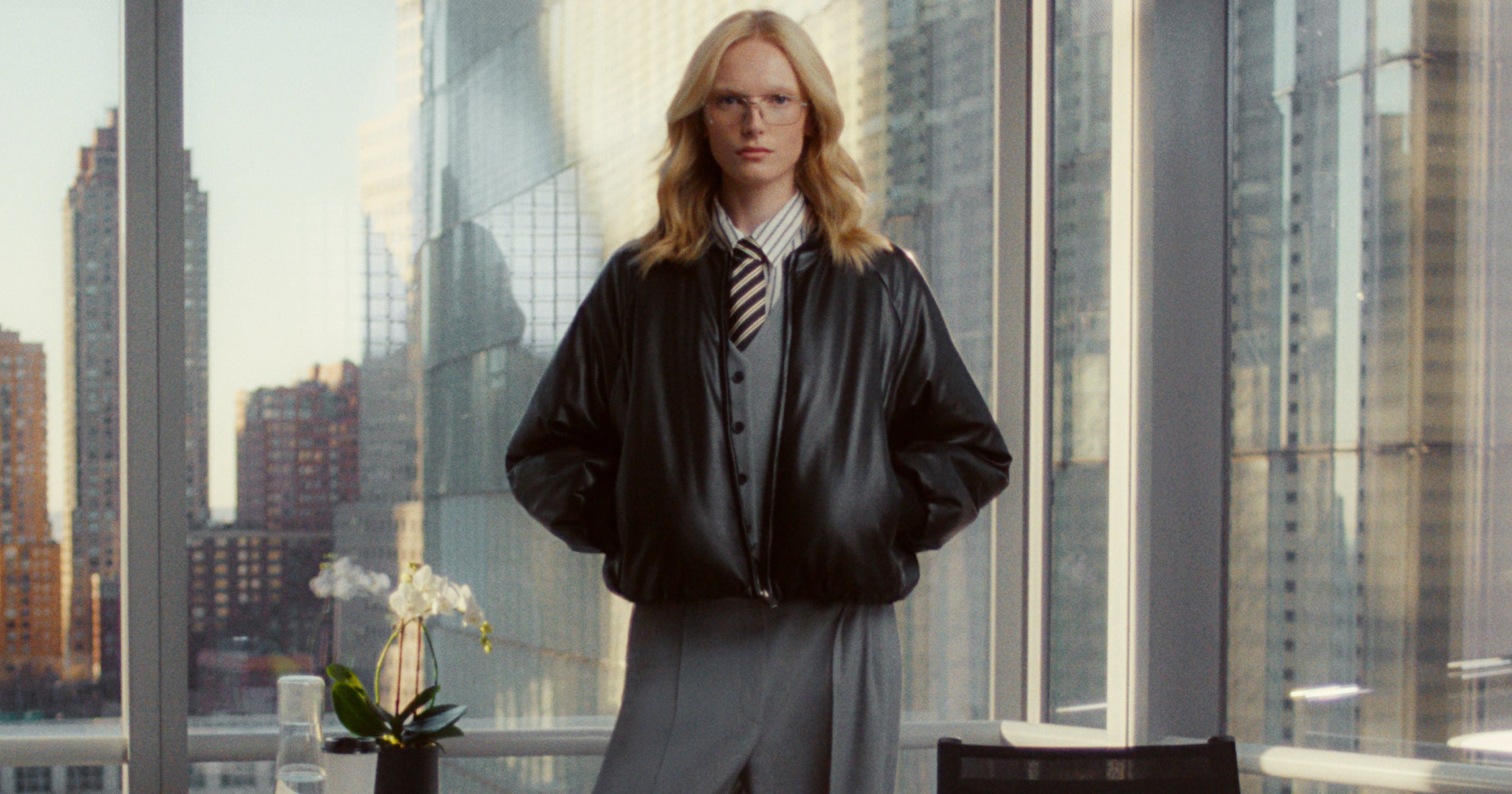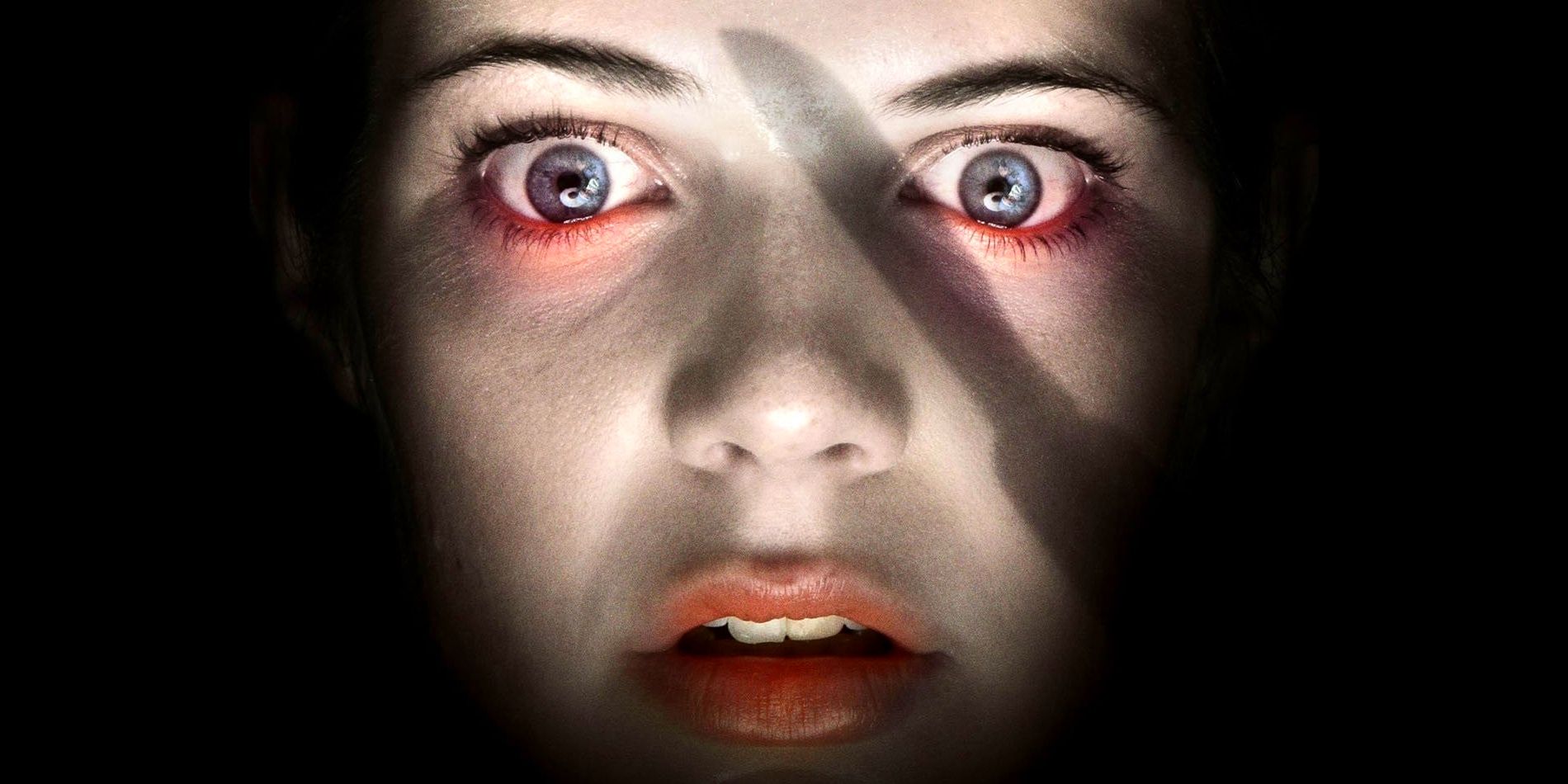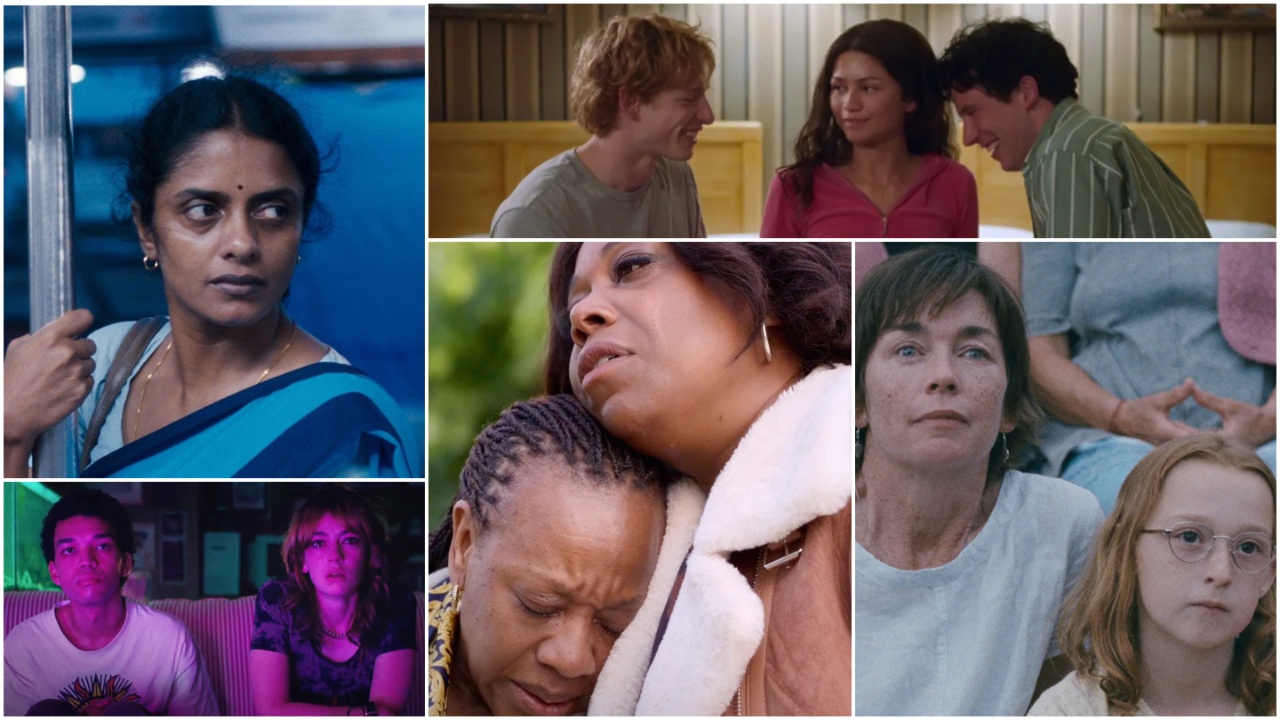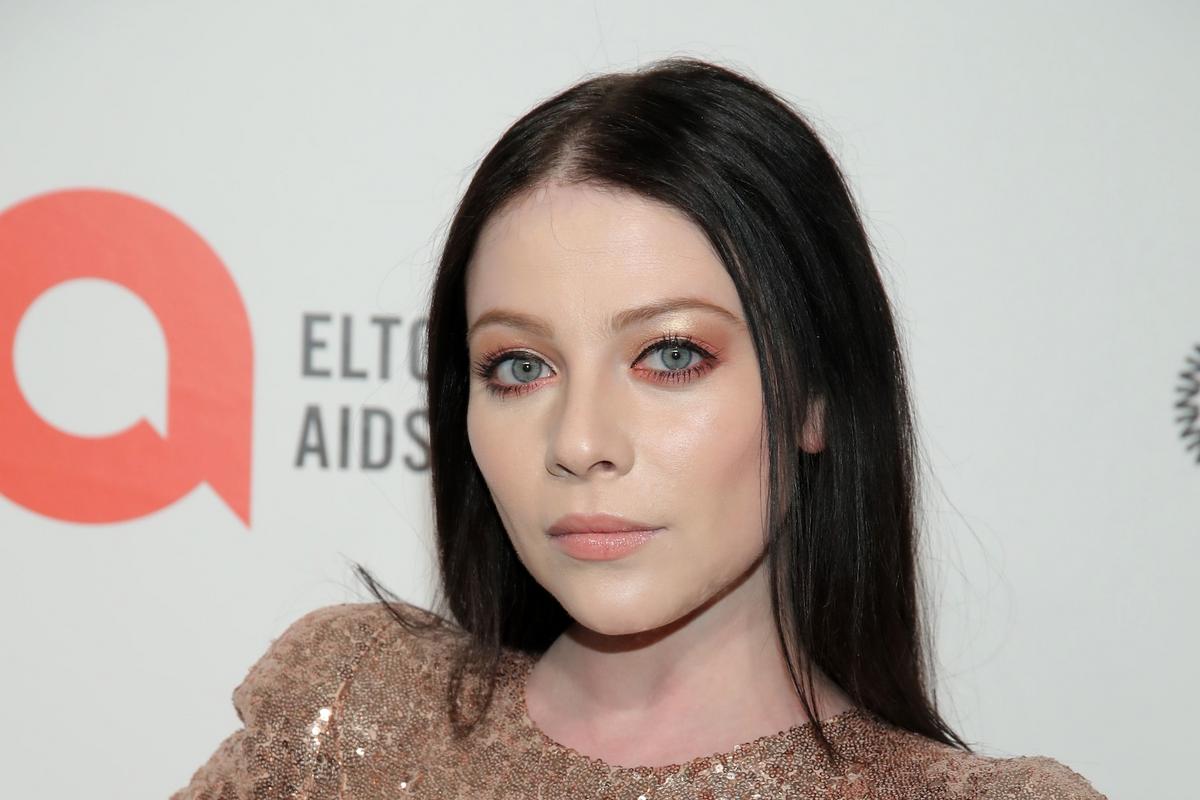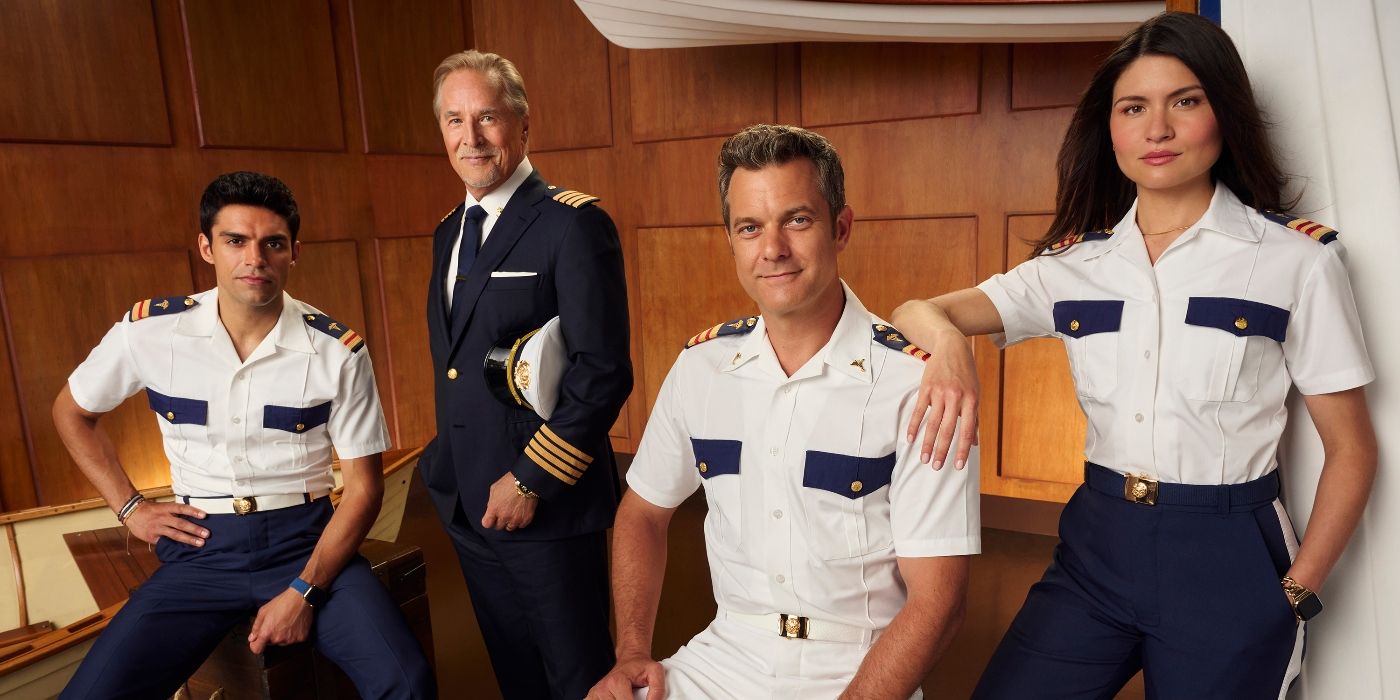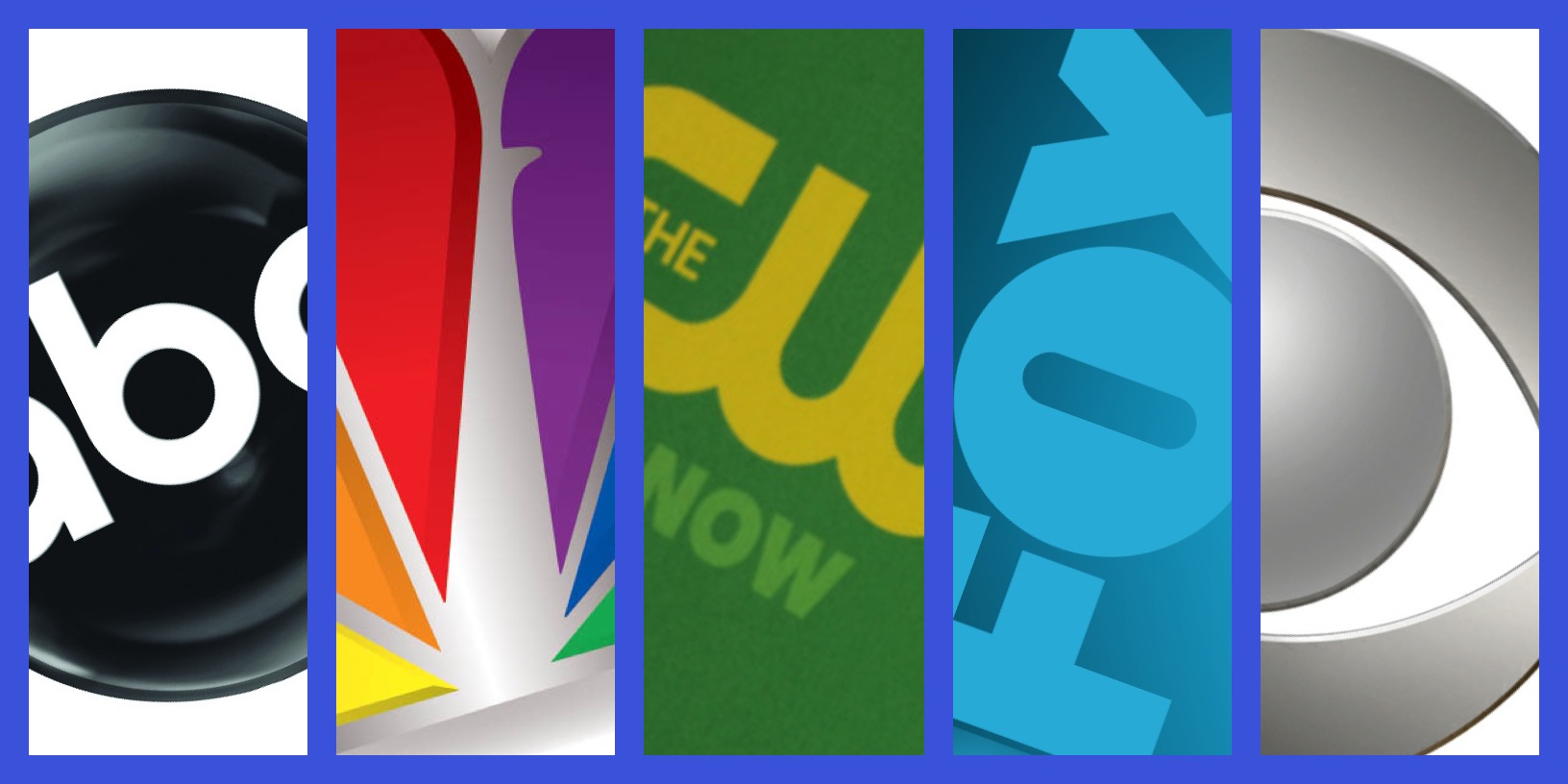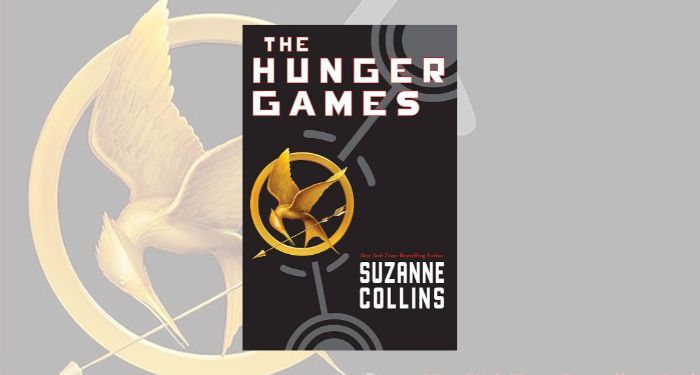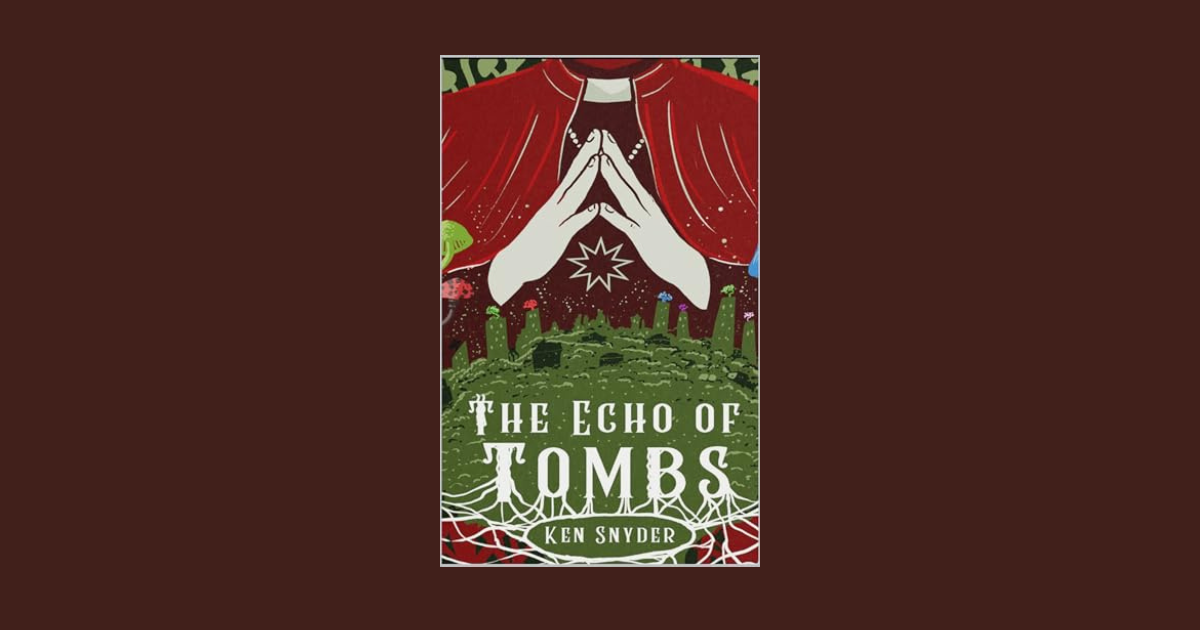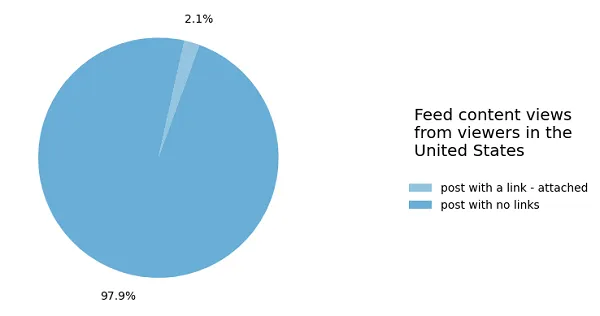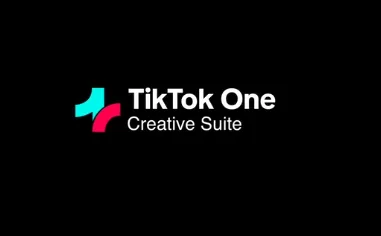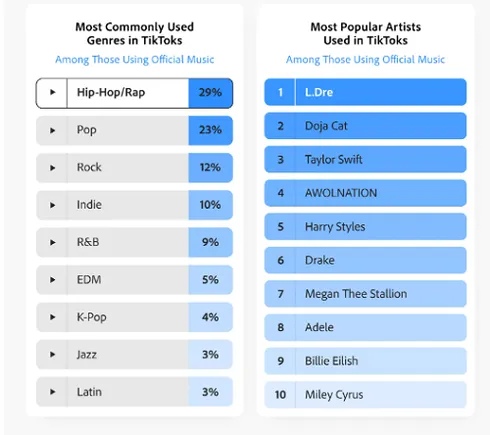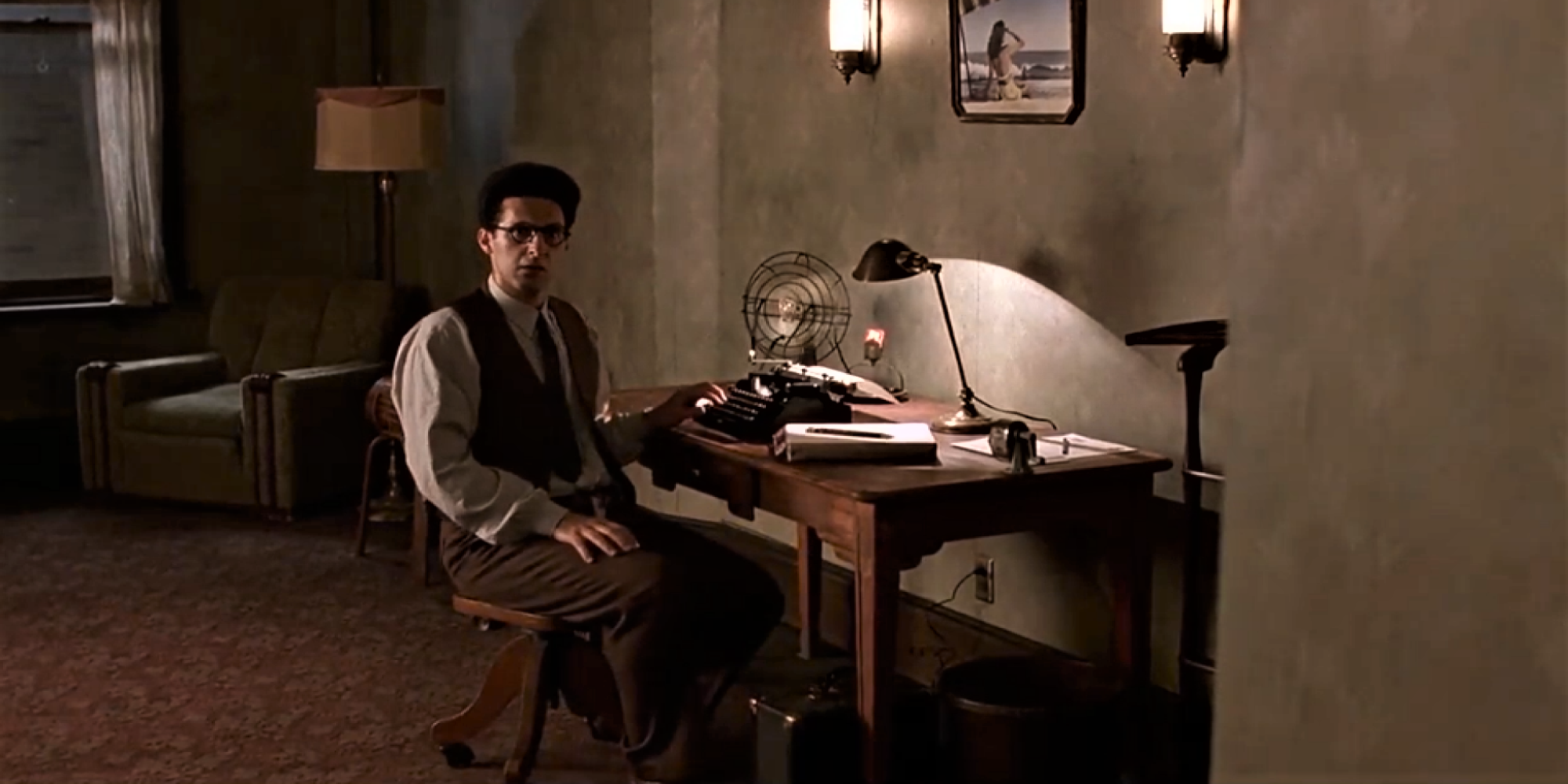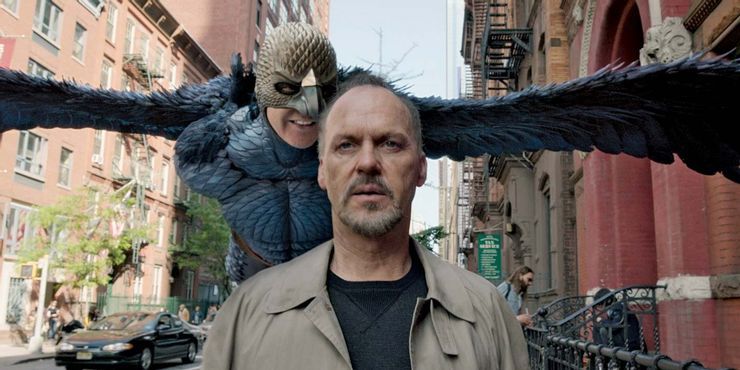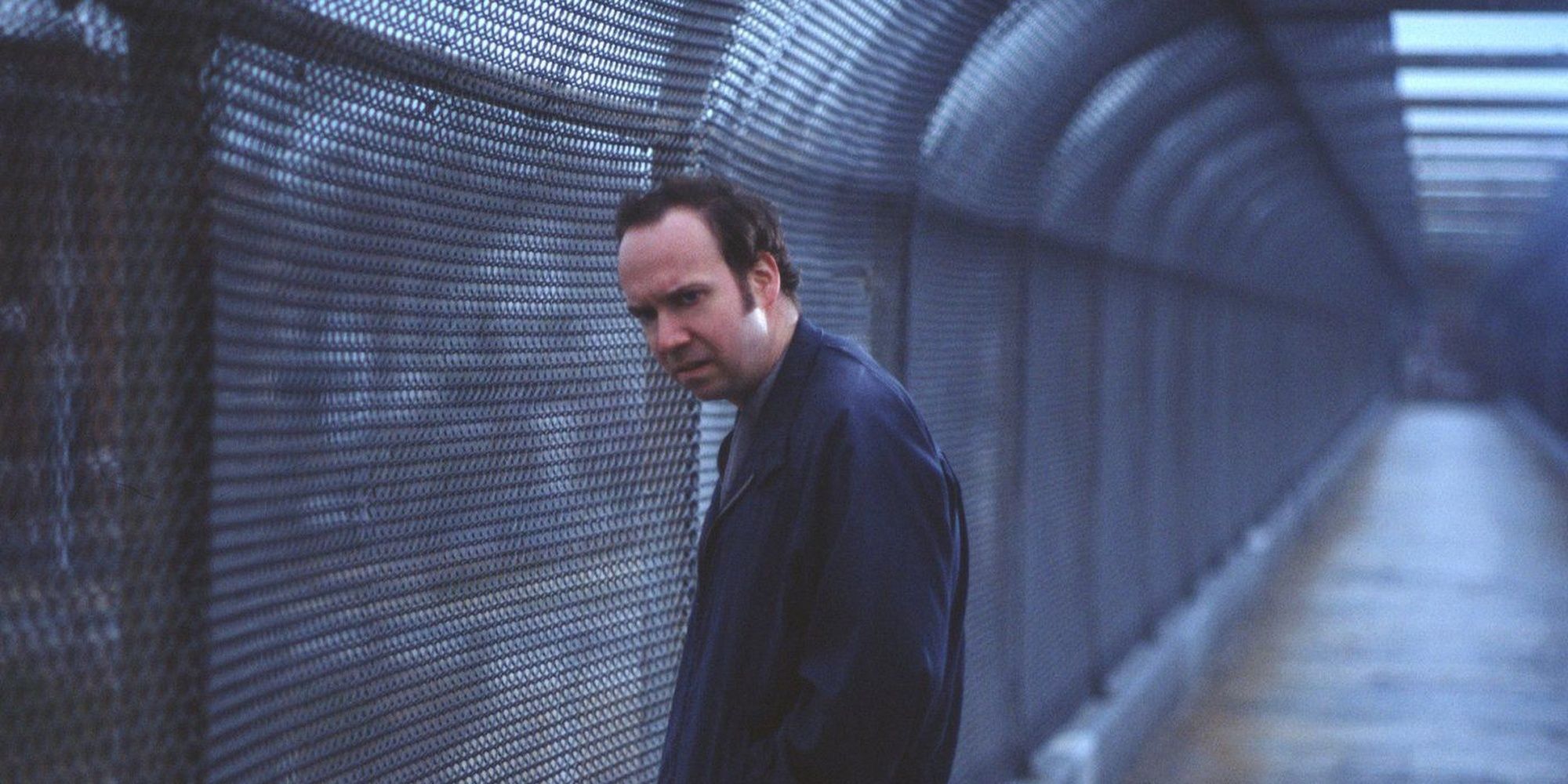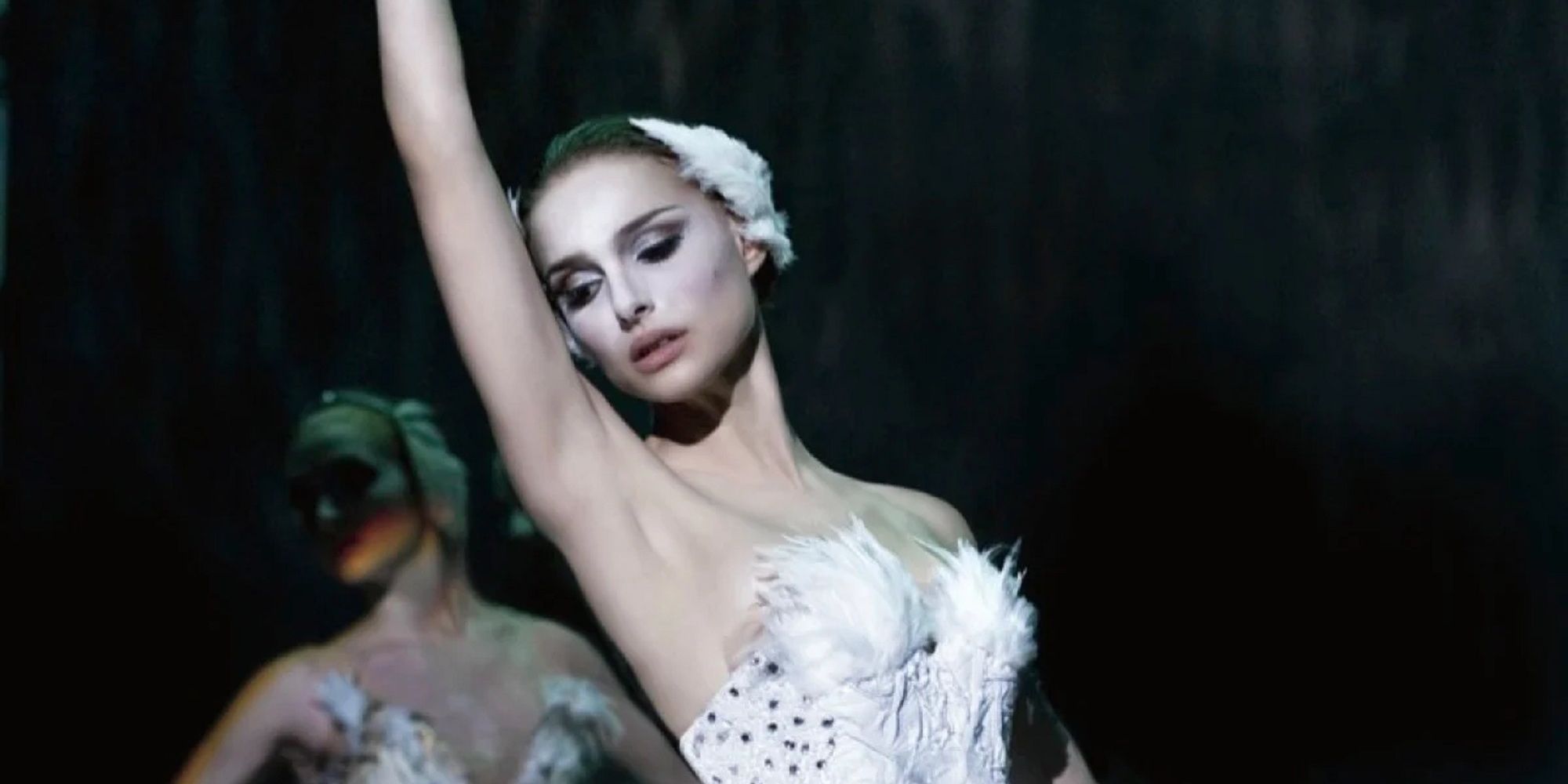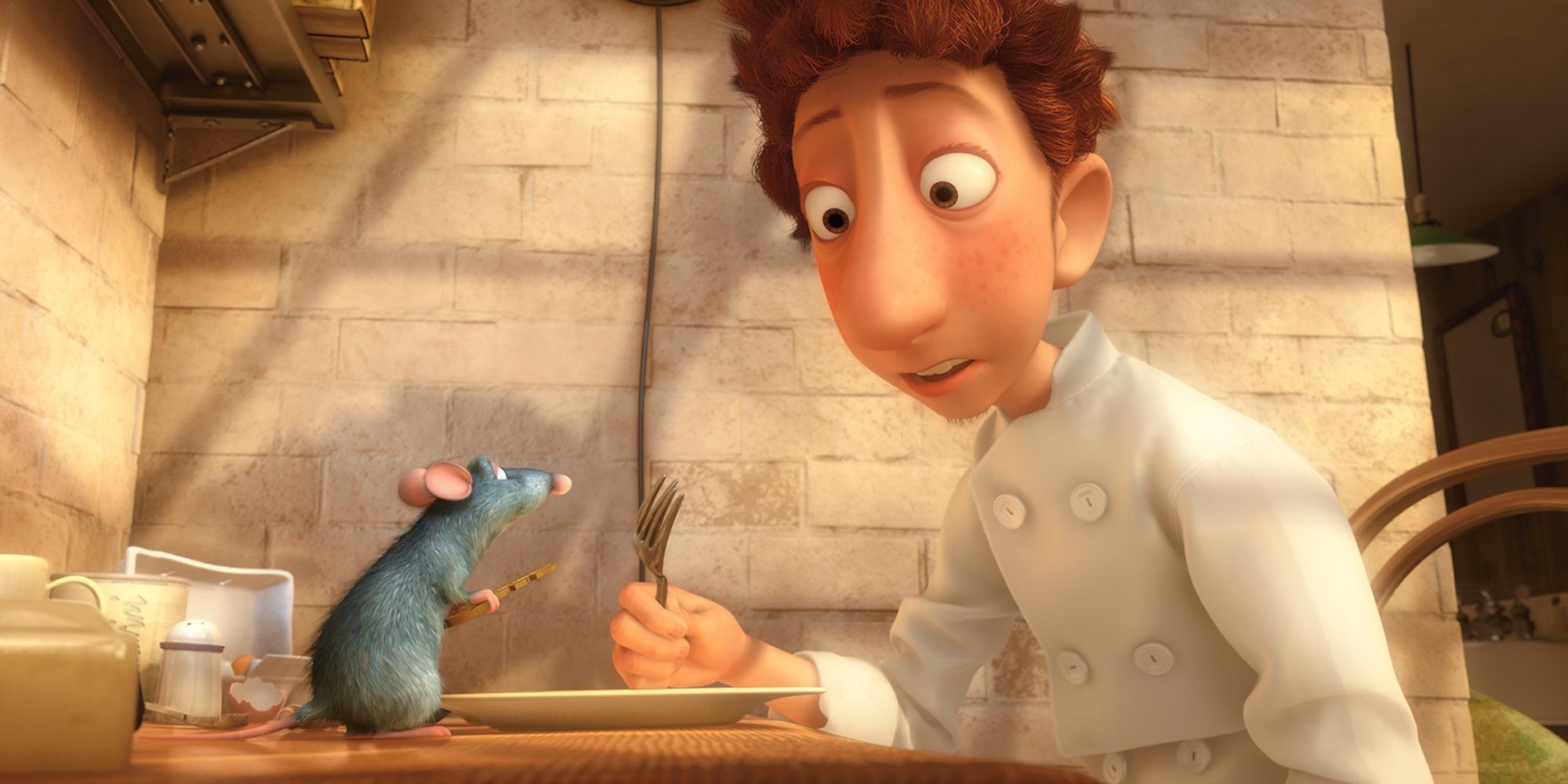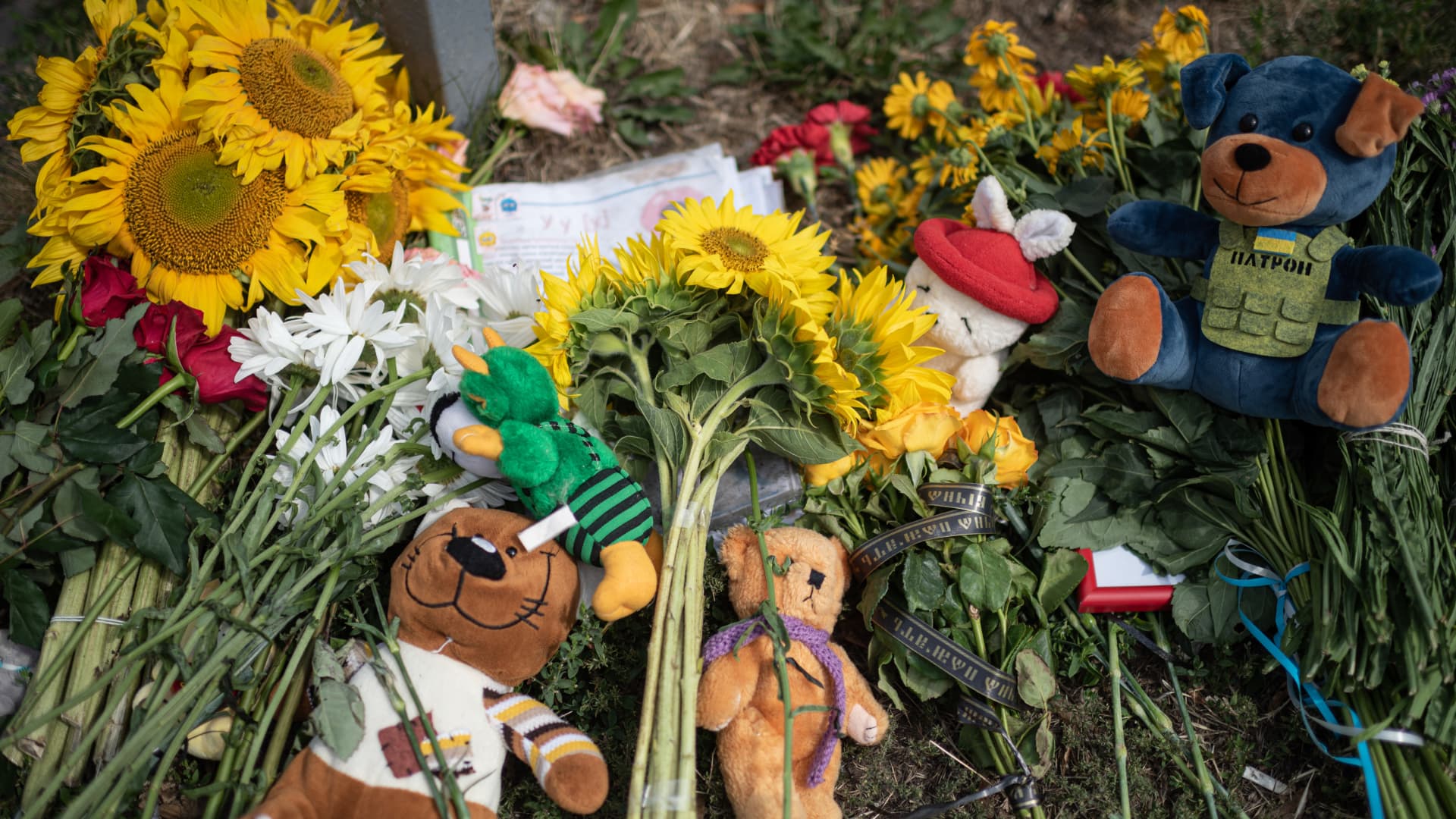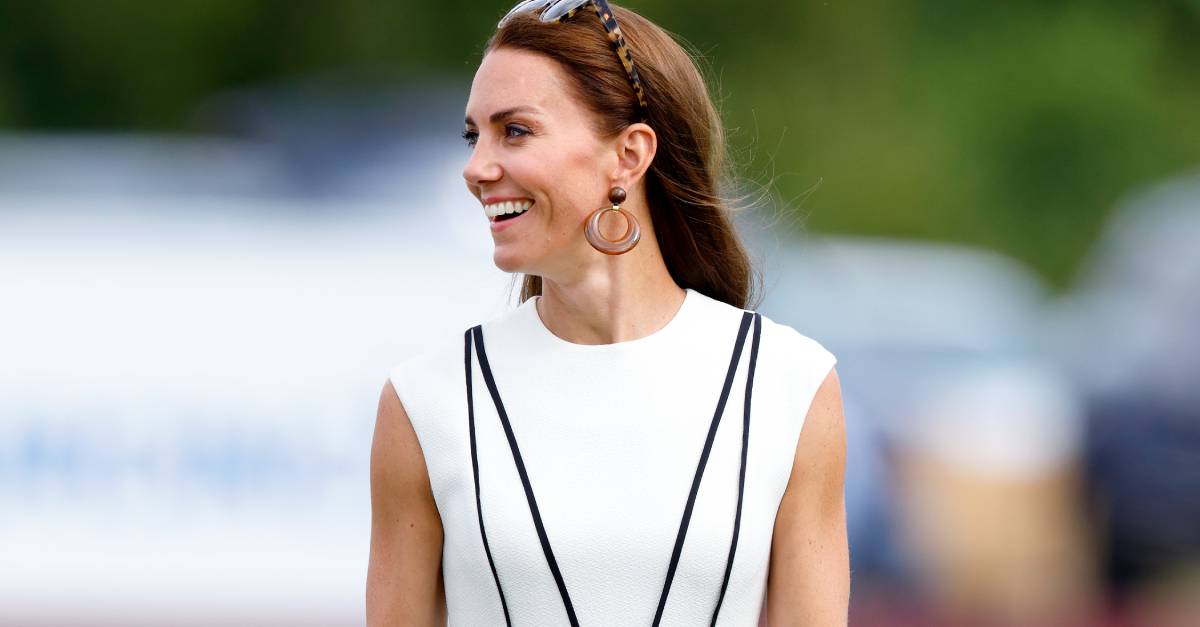The creative process can often be seen as a long and sometimes arduous journey, full of moments of vulnerability and self-discovery. Though the process is entirely subjective, the results will ultimately speak for themselves. Some of the greatest works of art were crafted through self-sacrifice, vigor, and an essential demonstration of passion.
Capturing that process on the big screen, however, is no simple task. By its own nature, it appeals most greatly to those of a similarly creative disposition and primarily works best as a dramatized or even humorous representation. Customarily, it’s a niche that’s ventured into by only the most sincere and considerate artists.
‘Barton Fink’ (1991)
Starring John Turturro, a frequent collaborator of the Coen brothers, Barton Fink follows its titular character, a renowned New York playwright who moves to California to write for the movies and discovers the frightful reality of Hollywood. Despite winning the renowned Palme D’or at Cannes Film Festival, Barton Fink is often overlooked when asserting the mantle of the esteemed directors’ most valued pictures.
Decidedly, that’s a crying shame. Thematically, the film is a rich study of bottomless anxiety, blending comedy and drama with that of an outright tense thriller. It’s a glance into the troubling reality of writer’s block. Within the film, Barton gives the honest assertion that doesn’t he enjoy writing, finding it to be a strenuous process. The Coens’ experience writing Millers Crossing, released in the previous year, formed the heart of the narrative.
‘Birdman or (The Unexpected Virtue of Ignorance)’ (2014)
2014 Academy Award winner, Birdman, took home the Big Three for writer and director Alejandro G. Inarritu, including best motion picture, achievement in directing, and original screenplay. Its continuous shot style would also sweep for best achievement in cinematography. Michael Keaton plays Riggan, a washed-up, former superhero actor who attempts to revive his fading career by writing, directing, and starring in a Broadway production.
The film embraces elements of magical realism to tell a story that explores the value of a meaningful life. Riggan asserts that genuine artists ask themselves existential questions, and he hopes his ambitious production will breathe new life into his stagnant career that he ultimately deems meaningless. Essentially, Riggan wishes his life meant more than the superhero Birdman he once played.
‘American Splendor’ (2003)
American actor Paul Giamatti has established himself as one of Hollywood’s finest with an eclectic, finely tuned body of work. In the beginning of his breakout years, Giamatti took the role of Harvey Pekar, the writer behind the celebrated underground comic, American Splendor. The film (sharing its name with Pekar’s comic) blends illustrated art with traditional storytelling to capture the essence of Pekar’s art, progressing the narrative in a documentary-like style.
Trapped in a dead-end job, Harvey is a man perpetually insecure with little focus for anything else besides the daily grind of his monotonous routine. This overbearing reality soon becomes the catalyst of his stories, as his inherent awkwardness and social observations make the heart of his comic.
‘Adaptation’ (2002)
In the vein of Barton Fink, yet on a larger scale, Adaptation is based on screenwriter Charlie Kaufman‘s struggles to adapt “The Orchid Thief” by Susan Orlean. Directed by Spike Jonze, the film features some stunning performances from Chris Cooper and Meryl Streep, along with Nicolas Cage, an actor who has gained vast notoriety for performances that consistently toe the line between good and bad. Cage plays dual roles as a fictionalized Kauffman and his twin brother, Donald.
After struggling with writer’s block, Kaufman wrote a screenplay about his struggles with the adaptation, dramatizing elements of the story and creating a fictionalized twin brother, Donald Kaufman. The result is a film that thematically explores the role of a screenwriter and their struggle to create original work of integrity in a culture governed by the rigid corporate demands of success.
‘Black Swan’ (2010)
Single-minded devotion is at the heart of Darren Aronofsky‘s Black Swan. Much of the narrative lends itself to a mind-bending mystery, as a ballerina (Natalie Portman) struggles to maintain her sanity after winning the lead role in a production of Pyotr Ilyich Tchaikovsky‘s Swan Lake.
The film exquisitely captures the brutal physical and emotional demands that ballerinas endure in their short-lived careers. In the pursuit of her craft, Aronofsky dictates a narrative that escalates toward Nina’s breakdown. Exhibiting dedication herself, Portman called upon her own experiences studying ballet, which she idealized as a young girl. A year before production started, she trained for several hours a day with a professional dancer from the New York City Ballet, which she reportedly paid for herself.
‘Ratatouille’ (2007)
At the summit of Pixar‘s best, Ratatouille follows Remy (Patton Oswalt), a rat who can cook; who forms an unexpected alliance with Linguini (Lou Romano), a young kitchen worker at a famous Parisian restaurant. A co-production with Disney, Ratatouille is aimed as much at adults as it is at children. It fittingly displays all the qualities of a great meal, tantalizing taste buds and nourishing the soul with its touching and equally humbling story.
Remy’s natural devotion to cooking gives him a strong sense of self-identity. It juxtaposes against Linguini, who is distinctly more insecure in his position when the two first meet. Both are driven to succeed, but for arguably opposing reasons. Despite the film’s unusual pairing and genuine implausibility of the narrative, there is nonetheless a genuine case study for pursuing one’s passion despite seemingly insurmountable adversity.







